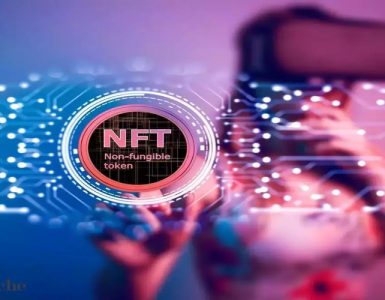Non-Fungible Tokens (NFTs) have taken the world by storm in recent years, with everyone from celebrities to tech moguls investing in this new form of the digital asset. NFTs are unique digital assets stored on a blockchain, representing anything from artwork and music to tweets and memes. While some see NFTs as a revolutionary new investment opportunity, others are more cautious, questioning the value and sustainability of this new market. In this article, we’ll explore the pros and cons of investing in NFTs.
Pros of Investing in NFTs
- Unique and Limited Supply
One of the main selling points of NFTs is their uniqueness. Unlike traditional assets such as stocks and bonds, which can be easily replicated, each NFT is one-of-a-kind. This means that the supply is limited, which can drive up the value of NFTs over time. Additionally, the fact that NFTs are stored on a blockchain means that they can be easily verified as authentic, which adds to their value and legitimacy.
- Creative Expression
NFTs are not just limited to artwork and music. They can represent anything that can be digitized, including tweets, memes, and even virtual real estate. This means that NFTs can be a way for artists and creators to monetize their work and express themselves in new ways. For example, musician Grimes recently sold a collection of NFTs for over $6 million, demonstrating the potential for NFTs to empower creators.
- Accessible to Anyone
Investing in NFTs is accessible to anyone with an internet connection and a digital wallet. This means that NFTs can provide investment opportunities to people who may not have access to traditional investment vehicles like stocks and bonds. Additionally, investing in NFTs can be done without the need for intermediaries like brokers or financial advisors, which can reduce the costs associated with investing.
Cons of Investing in NFTs
- High Volatility
The value of NFTs can be highly volatile, with prices fluctuating rapidly in response to market demand. This can make it difficult to predict the future value of NFTs and lead to significant losses for investors who buy at the wrong time. Additionally, since NFTs are a new and relatively untested asset class, it is unclear how they will perform over the long term.
- Lack of Regulation
Unlike traditional investment vehicles like stocks and bonds, NFTs are not regulated by any government agency. This means that there are few protections in place for investors, which can make investing in NFTs risky. Additionally, the lack of regulation means that it can be difficult to verify the authenticity of NFTs and to ensure that legitimate creators are selling them.
- Environmental Concerns
The process of creating and selling NFTs can be energy-intensive, with some estimates suggesting that a single NFT transaction can produce as much carbon dioxide as a flight from London to New York. This has led some investors to question the sustainability of NFTs and to avoid investing in them out of environmental concerns.
Conclusion
Investing in NFTs can be a high-risk, high-reward proposition. On the one hand, the unique and limited supply of NFTs, combined with their potential for creative expression and accessibility, make them an attractive investment opportunity for many people. On the other hand, the high volatility, lack of regulation, and environmental concerns associated with NFTs make them a risky investment proposition that should be approached with caution. As with any investment, it is important to do your research and understand the risks before investing in NFTs.





